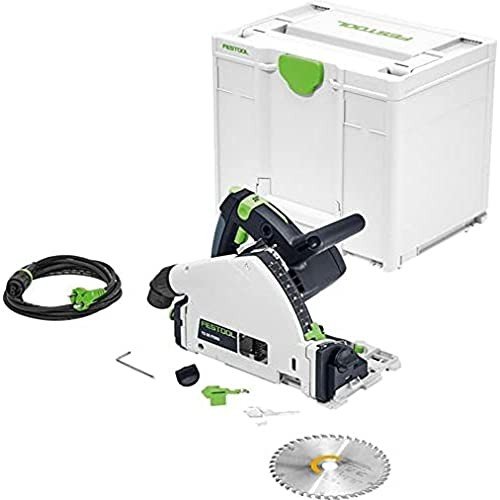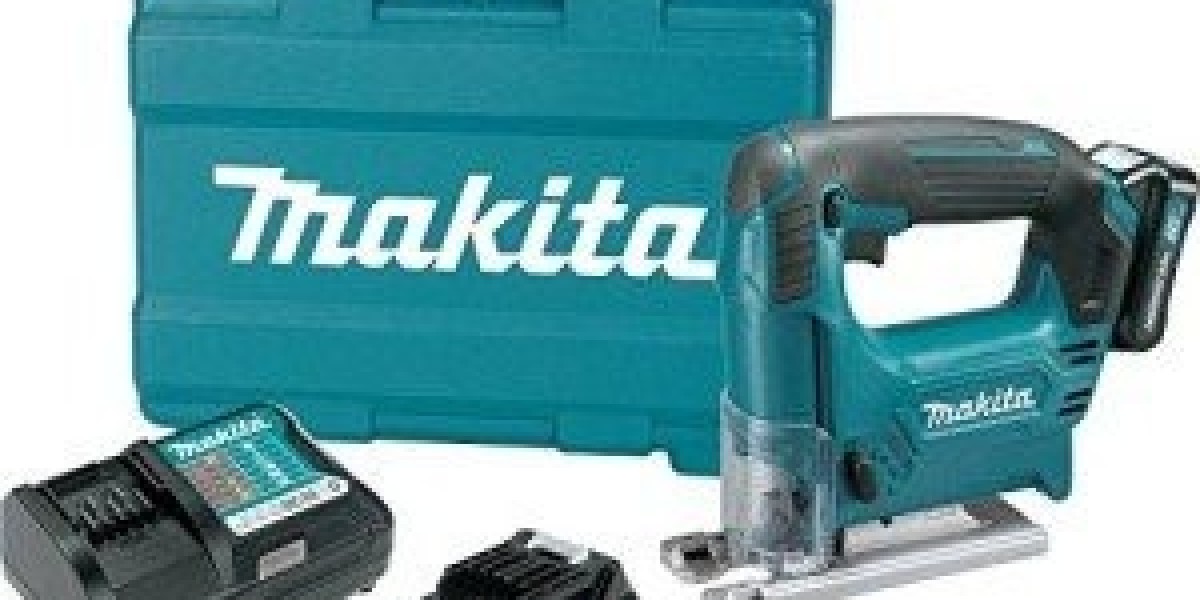The United Kingdom has a robust and diverse market for power tools, catering to both professional and DIY enthusiasts. From high-end industrial-grade machinery to affordable, user-friendly devices, the power tool landscape in the UK is dynamic and ever-evolving. This article delves into the current state of the power tool market, identifies key trends, and provides a comprehensive buying guide to help consumers make informed decisions.

Overview of the UK Power Tool Market
The power tool market in the UK is characterized by a wide range of products, from drills and saws to sanders and routers. According to recent market research, the power tool industry in the UK is projected to grow at a steady pace, driven by increasing construction activities, a growing DIY culture, and the need for more efficient and versatile tools in both residential and commercial settings.
Key Players in the Market
- Bosch: Known for its high-quality and durable tools, Bosch is a leading brand in the UK power tool market. They offer a wide range of products, from cordless drills to reciprocating saws.
- DeWalt: A brand favored by professionals, DeWalt is renowned for its powerful and reliable power tools. Their cordless tools, in particular, are highly rated.
- Makita: Makita is another top brand, offering a comprehensive range of tools that are popular among both professionals and DIY enthusiasts.
- Black+Decker: Known for its user-friendly and affordable tools, Black+Decker is a popular choice for homeowners and beginners.
- Hitachi: Hitachi tools are known for their precision and reliability, making them a preferred choice in many industrial applications.
Trends in the UK Power Tool Market
Cordless Tools on the Rise
- The demand for cordless power tools has been steadily increasing. These tools offer greater flexibility and convenience, making them ideal for both indoor and outdoor use. Lithium-ion batteries have become the standard, providing longer runtime and shorter charging times.
Smart Technology Integration
- The integration of smart technology in power tools is another significant trend. Many modern tools come with Bluetooth connectivity, allowing users to monitor battery life, adjust settings, and even lock the tool for security purposes through a smartphone app.
Environmental Considerations
- Sustainability is becoming a priority for both manufacturers and consumers. Many brands are now focusing on producing tools that are more energy-efficient and have a longer lifespan. Additionally, there is a growing demand for tools made from recycled materials and with eco-friendly packaging.
Specialized Tools for Specific Applications
- As the market becomes more sophisticated, there is an increasing demand for specialized tools designed for specific tasks. For example, tools for tile cutting, concrete drilling, and wood carving are becoming more popular.
Rental and Subscription Services
- Some companies are offering rental and subscription services, which can be cost-effective for occasional users or for those who need specialized tools for a short period. This trend is particularly beneficial for small businesses and DIY enthusiasts.
Key Considerations When Buying Power Tools in the UK
When purchasing power tools, several factors should be considered to ensure that the tool meets the user's needs and is a worthwhile investment.
Purpose and Frequency of Use
- Determine the primary purpose of the tool and how often it will be used. Professional users may require more durable and powerful tools, while DIY enthusiasts might opt for more affordable and versatile options.
Type of Tool
- Choose the right type of tool for the job. Common categories include:
- Drills: For driving screws and drilling holes.
- Saws: For cutting various materials, such as wood, metal, and plastic.
- Sanders: For smoothing surfaces.
- Routers: For shaping edges and creating grooves.
- Impact Drivers: For driving screws and bolts with high torque.
- Choose the right type of tool for the job. Common categories include:
Power Source
- Decide between corded and cordless tools. Corded tools are generally more powerful and have unlimited runtime, while cordless tools offer greater mobility and convenience.
Brand Reputation
- Opt for well-known brands with a reputation for quality and reliability. Reading reviews and seeking recommendations from professionals can help in making an informed choice.
Warranty and Customer Service
- Check the warranty period and the quality of customer service offered by the manufacturer. A good warranty can provide peace of mind and protect against unexpected issues.
Budget
- Set a budget and look for tools that offer the best value for money. Higher-end tools may come with more features and better performance but may not be necessary for all users.
Comprehensive Buying Guide
1. Research and Planning
- Identify Needs: List the types of projects you will be working on and the specific tools required.
- Set a Budget: Determine how much you are willing to spend on each tool.
- Read Reviews: Look up reviews and ratings from other users to get an idea of the tool's performance and reliability.
2. Types of Power Tools
- Cordless Drills: Ideal for driving screws and drilling holes. Look for models with variable speed settings and interchangeable batteries.
- Circular Saws: Perfect for making straight cuts in wood and other materials. Consider features like depth and bevel adjustments.
- Jigsaws: Great for making curved and intricate cuts. Check for blade change mechanisms and dust extraction systems.
- Sanders: Choose between orbital, belt, and detail sanders based on the type of surface you need to sand.
- Impact Drivers: Ideal for driving screws and bolts with high torque. Look for models with adjustable torque settings and LED lights.
3. Features to Look For
- Battery Life: For cordless tools, longer battery life is a significant advantage.
- Ergonomics: A comfortable grip and balanced design can reduce fatigue during extended use.
- Weight: Lighter tools are easier to handle, especially for overhead work.
- Safety Features: Look for tools with safety features such as automatic shut-off, anti-vibration technology, and dust collection systems.
- Compatibility: Ensure that the tool is compatible with your existing accessories and batteries, if applicable.
4. Where to Buy
- Online Retailers: Websites like Amazon, Screwfix, and B&Q offer a wide range of tools at competitive prices.
- Physical Stores: Visit local hardware stores to test the tools and get professional advice.
- Specialized Tool Shops: For more specialized tools, consider visiting shops that cater to specific trades or industries.
Table: Top Power Tool Brands in the UK
| Brand | Key Features | Best For |
|---|---|---|
| Bosch | High durability, wide range, smart technology | Professionals and DIY enthusiasts |
| DeWalt | Powerful, reliable, cordless options | Professional contractors |
| Makita | Versatile, high performance, eco-friendly | Both professionals and DIY users |
| Black+Decker | User-friendly, affordable, lightweight | Homeowners and beginners |
| Hitachi | Precision, reliability, specialized tools | Industrial and commercial use |
FAQs
Q: Are cordless tools as powerful as corded tools?
- A: While corded tools generally offer more power and continuous operation, modern cordless tools, especially those with lithium-ion batteries, have become quite powerful and can handle most tasks. For heavy-duty or prolonged use, corded tools may still be the better option.
Q: What is the average lifespan of a power tool?
- A: The lifespan of a power tool can vary depending on the brand, Www.Powertoolsonline.Uk quality, and frequency of use. High-quality professional tools can last 5-10 years or more with proper maintenance, while consumer-grade tools may last 2-5 years.
Q: How can I maintain my power tools?
- A: Regular maintenance is crucial for extending the lifespan of your tools. This includes cleaning after use, storing them in a dry place, tightening loose parts, and replacing worn-out components. Refer to the manufacturer's guidelines for specific maintenance tips.
Q: What safety gear should I use when operating power tools?
- A: Always wear appropriate safety gear, including safety glasses, ear protection, and gloves. Ensure that the tool is properly grounded, and read the user manual to understand the safety features and precautions.
Q: Can I use power tools in wet conditions?
- A: Most power tools are not designed for use in wet conditions. Using them in damp environments can pose a risk of electric shock and damage to the tool. Always follow the manufacturer's guidelines regarding water resistance.
The power tool market in the UK is rich with options, catering to a variety of needs and budgets. Whether you are a professional contractor or a DIY enthusiast, understanding the trends, key considerations, and features can help you make the right choice. By selecting a tool that matches your requirements and taking proper care of it, you can ensure years of reliable service and successful projects.
For those looking to explore the market, the top brands mentioned in this article provide a solid starting point. With the right research and planning, you can find the perfect power tool to enhance your work and make your projects more efficient and enjoyable.







